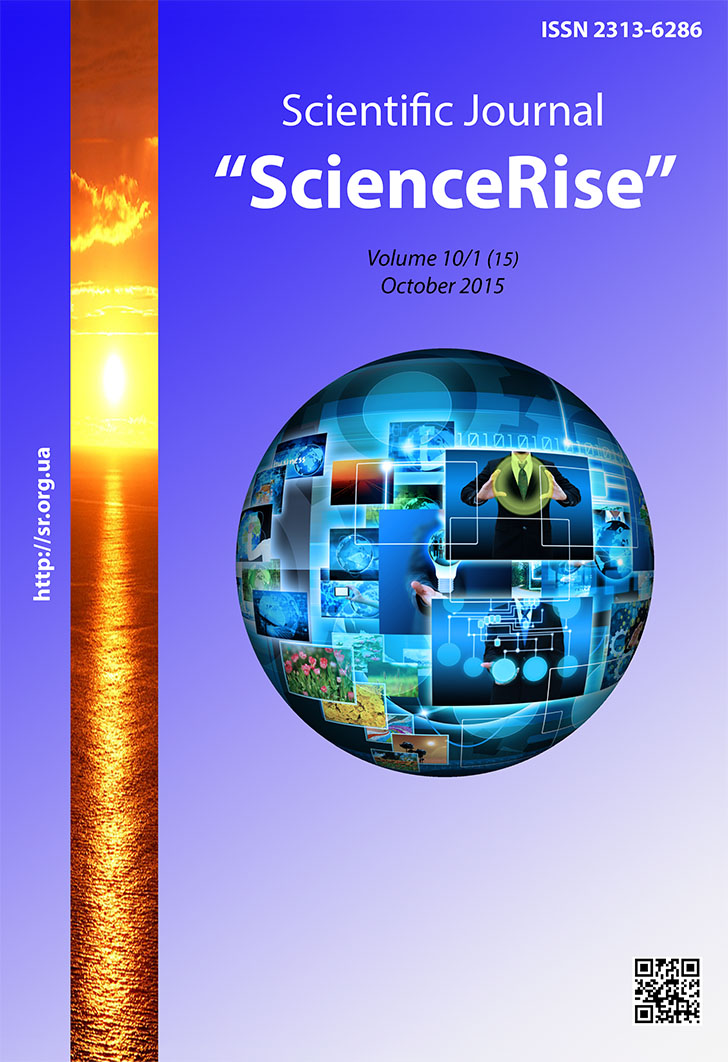Формування партнерської взаємодії бізнесу та влади у контексті формування підприємництва в Україні
DOI:
https://doi.org/10.15587/2313-8416.2015.51188Słowa kluczowe:
влада, бізнес, партнерська взаємодія, економічна культура, соціальне управління, український соціумAbstrakt
У статті здійснюється висвітлення філософських аспектів взаємовпливу бізнесу і державної влади у контексті української дійсності. Основними моделями взаємодії бізнесу і держави є плюралістична і неокорпоратівістська моделі. Для плюралістичної моделі характерна діяльність держави в інтересах всього підприємницького класу, а неокорпоратизм припускає для органів влади можливість посилювати і підтримувати окремі бізнес-структури, роблячи їх уповноваженими представниками своїх інтересів
Bibliografia
Zombart, V. (2005). Burzhua: k istorii duhovnogo razvitija sovremennogo jekonomicheskogo cheloveka. Vol. 1. Sankt-Peterburg: Vladimir Dal', 480.
Strebkov, A., Daudov, A., Aldaganov, M. (2003). Formirovanie grazhdanskogo obshhestva i mehanizm razreshenija social'nyh i jetnicheskih konfliktov. Sankt-Peterburg: SPbGU, 195.
Chernyshev, S. (2007). Suverennaja derzhava: kak zarabotat' vmeste so stranoj. Moscow: Evropa, 304.
Shumpeter, J. A. (2007). Teorija jekonomicheskogo razvitija. Kapitalizm, socializm i demokratija. Moscow: Jeksmo, 864.
Friedman, M. (1962). Capitalism and freedom. Chicago: University of Chicago Press, 202.
Yefimenko, S. Socio-philosophical analysis of the causes of inactivity in the context of Ukrainian economic ethics. Idei, 5 (15), V, 42–49.
##submission.downloads##
Opublikowane
Numer
Dział
Licencja
Copyright (c) 2015 Сергій Анатолійович Єфіменко

Utwór dostępny jest na licencji Creative Commons Uznanie autorstwa 4.0 Międzynarodowe.
Our journal abides by the Creative Commons CC BY copyright rights and permissions for open access journals.
Authors, who are published in this journal, agree to the following conditions:
1. The authors reserve the right to authorship of the work and pass the first publication right of this work to the journal under the terms of a Creative Commons CC BY, which allows others to freely distribute the published research with the obligatory reference to the authors of the original work and the first publication of the work in this journal.
2. The authors have the right to conclude separate supplement agreements that relate to non-exclusive work distribution in the form in which it has been published by the journal (for example, to upload the work to the online storage of the journal or publish it as part of a monograph), provided that the reference to the first publication of the work in this journal is included.

